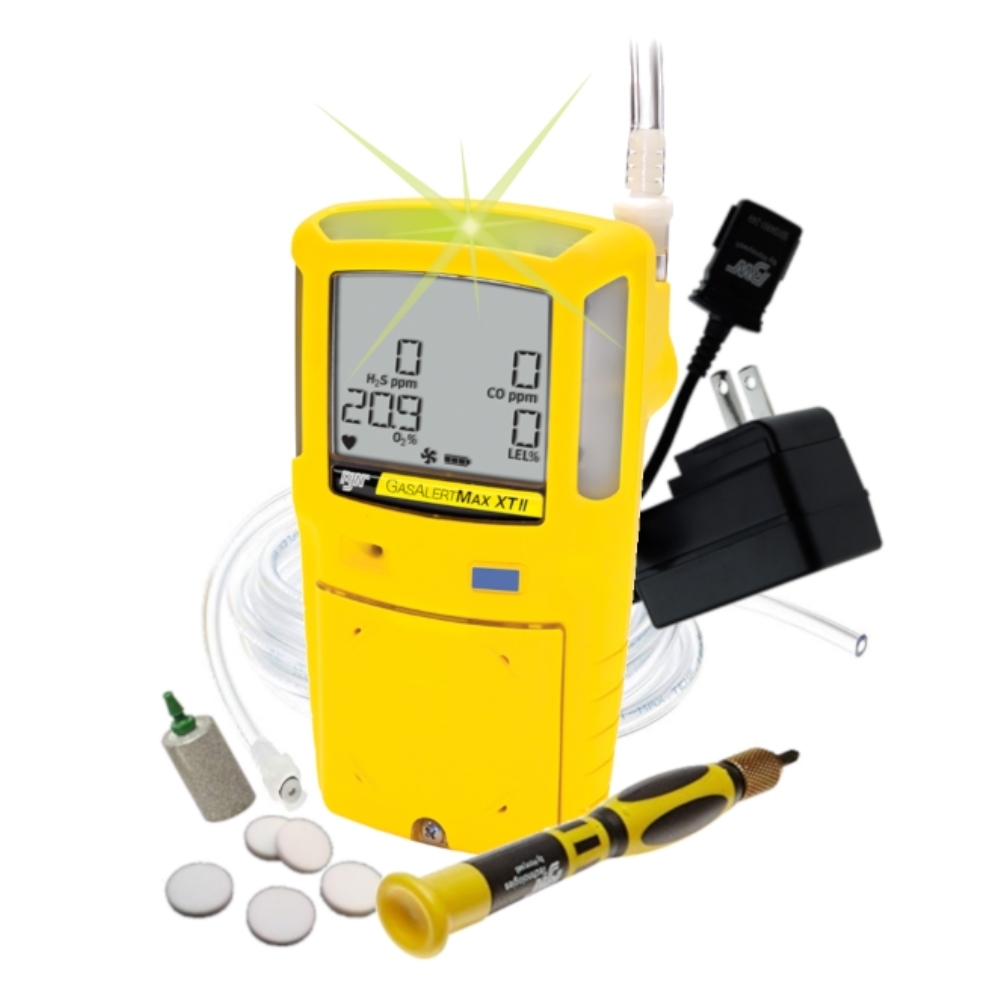Take a look at the site here (H2S) is a colorless, flammable, and extremely toxic gas with a definite "rotten egg" odor. It is often found in various industrial processes, natural gas, petroleum refining, and sure organic activities. Exposure to hydrogen sulfide can pose severe well being dangers, and in excessive concentrations, it can be deadly. Here are some the cause why hydrogen sulfide detectors are essential:
Health and Safety:
Hydrogen sulfide is a respiratory irritant and might cause instant well being problems such as eye irritation, respiratory misery, nausea, and headaches.
High concentrations of H2S can lead to more extreme signs, including loss of consciousness, respiratory failure, and even dying.
Early Detection:
Hydrogen sulfide is commonly colorless and may be challenging to detect with out correct equipment. A hydrogen sulfide detector provides early warning of the presence of this fuel in the air.
Occupational Safety:
Many industries, corresponding to oil and gas, wastewater therapy, and chemical manufacturing, involve processes where hydrogen sulfide could additionally be produced. Workers in these industries are at threat of publicity, making it essential to observe and management H2S levels in the office.
Compliance with Regulations:
Regulatory businesses typically set exposure limits for hydrogen sulfide in the workplace to protect the well being and safety of workers. Having hydrogen sulfide detectors helps companies adjust to these regulations.
Confined Space Monitoring:

Hydrogen sulfide can accumulate in confined spaces, posing a big risk to workers getting into these areas. Detectors are important for monitoring H2S ranges in confined spaces and guaranteeing that they are within secure limits earlier than entry.
Emergency Response:
In the event of a leak or a sudden launch of hydrogen sulfide, detectors provide a direct alert, allowing for well timed evacuation and emergency response measures.
Environmental Monitoring:
Hydrogen sulfide emissions can have environmental implications, affecting air quality and ecosystems. Monitoring H2S ranges helps determine sources of emissions and allows for corrective actions to minimize environmental influence.
Protection of Equipment:
High concentrations of hydrogen sulfide can corrode equipment and infrastructure, leading to potential security hazards and elevated upkeep costs. Monitoring H2S ranges helps prevent harm to tools.
In abstract, hydrogen sulfide detectors play a crucial function in safeguarding human health, making certain workplace security, and complying with regulations. They provide an early warning system, permitting for immediate action to mitigate the risks related to publicity to this toxic fuel..
